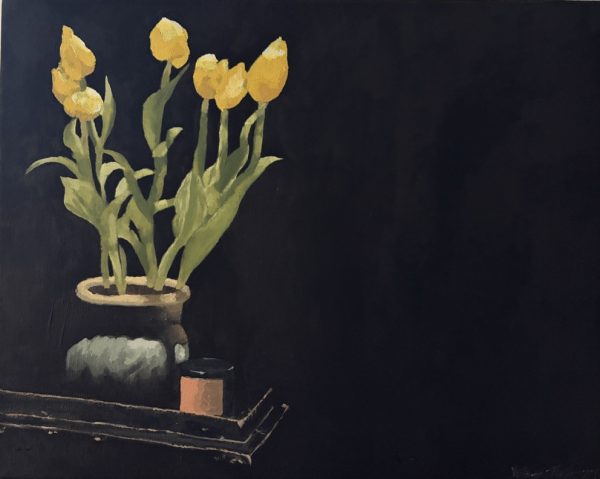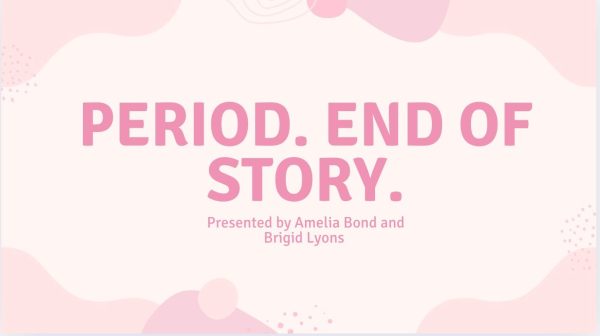The “What If” Factor – AP Lang Quest Essay
Originally, I was going to write about volunteering in a food shelter. But the cramped storage room where I organized pet food and baby formula is not a place I could garner my story from. The lights were bright there, but not as bright as the sun was. I could hear the chatter of people outside, of them talking as boxes full of food were being handed to them. But all of that was relayed to me in the same way as my help would be felt in that space, as an echo. The things I was doing would be helpful in the long run, but in the moment it felt as though I was sent to do the jobs they’d been putting off for months. I was lacking any immediacy or impact I could write about.
Of all the places I had expected to find meaning, it was not in the small lot where the rage room was. The place was empty, excluding the three people who worked there. Honestly, it reminded me more of a forgotten small town antique store, cardboard signs with prices on out-dated laptops decorating an area and obsolete rooms with gray-scale overalls for us to wear, which made us appear more like painters than anything else. The five of us teenage girls looked more out of place there than the fake flowers in the bathroom. Thinking back, the site morphed itself and us into anything but what we were. But while we were there, I think the reality of what we were doing made it so we were just people in a place, there to let go of the things we didn’t even realize we were holding on to. The heavy metal music made the scene seem as though it was anywhere else besides Avon, Massachusetts, which was just another aspect of it trying morph into something different.
The sound of glass bottles shattering was louder than I had expected. It was louder than I had prepared for, and managed to carry over the music. It was violent and immediate and jarring. The cold metal bat in my hand contrasted the heat of the overalls, but neither the headpiece nor the pantsuit could protect me when the pieces started flying. When someone was brave enough to hit that first bottle, the shock settled much slower than the glass did. Maybe it was the shock of the noise or impact when pieces did hit us, or maybe it was the shock of the commitment. That we had actually let go.
Where the volunteering had lacked, the rage room was in the moment. It was an instant, a place where if you blinked, you missed it. One major sticking point in this writing has been finding the purpose of this essay. Why am I writing this? I think it’s not because rage rooms are a fascinating topic, although they are, but also not because I think organizing volunteer work is a bit anticlimactic. The reason I am writing this is because of our tendency to need immediacy. We, as people, need tangible moments and mementos. We need to be present, and that can be defined in a lot of ways. But the one undeniable fact that I have learned is that we crave the feeling of being in the moment, and in a space.
And yet it’s that same need for instant gratification that can cause us to lose sight of the long run. The need for an instantaneous impact or answer can make us forget why the search for it was even important in the first place. So was my decision to not write about volunteering a good or bad one? I’m tending to think that it was neither; it was just the honest one.
The glass never actually touched my skin. It never grazed me or hurt me. It never got stuck in my shoe, so as I walked away I still had a small piece of that instant. It was just the possibility and the thrill of the maybe that kept me in that second. I’ll call it the “what if” factor. What if I hadn’t gone? What if the bat had flown from my hands (and the rage we were trying to prevent from being taken out on other people, hurt someone else)? What if that shard had come an inch closer to me? These questions are a part of what keeps us in the space. This so-called what if factor is precisely the reason why we do these things, why we risk and we win or lose. Because what if things had gone differently?
Photo by Rhys Kentish on Unsplash





